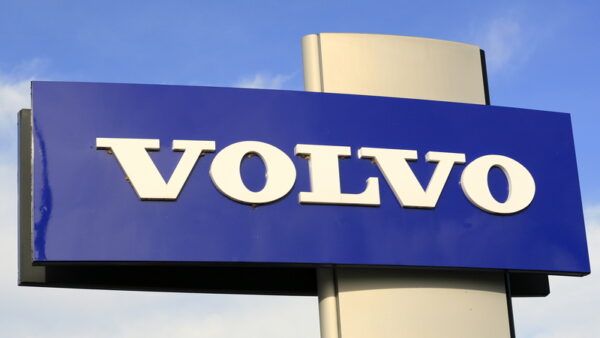A team of scientists at Tianjin University has created a fuel cell that is able to generate up to 80 hours of electricity on nothing more than a spoonful of sugar and some cultured strains of bacteria.
The microbial cell uses three species – E coli, shewanella and B subtilis – to create an electrical output. The bacteria generates energy by producing carbon dioxide, protons and electrons after consuming the sugar. The charged particles form the battery’s current.
We hope to make the cell much smaller, with longer electrical output and a larger quantity of electricity so that it can be one of the new energies of the future, just like the lithium battery– Liu Yue, Tianjin University
Microbial fuel cells are more stable than wind, water and solar power. They do not usually generate large amounts of electricity, so they lend themselves to uses where small currents are sufficient and changing batteries is expensive or difficult, such as in wireless sensor networks.
A further advantage is that the bacteria consume their own waste material, thereby avoiding any pollution.
Ling Wei, a pharmaceutical engineering student at Tianjin university, said: “It is innovative because nobody before has ever tried to make a microbial fuel cell out of three species of microbe.
“In this way, we can replenish two elements that the ‘electricigens’ need for electricity production by mixing different microbes, and the fuel cell can reach a good level to generate electricity.”
Liu Yue, a biomechanical engineer at the university, said: “We hope to make the cell much smaller, with longer electrical output and a larger quantity of electricity so that it can be one of the new energies of the future, just like the lithium battery.”
Microbial fuel cells were first posited in 1911 by a botany professor at the University of Durham. In May 2007, the University of Queensland completed a prototype cell to convert brewery wastewater into carbon dioxide, clean water, and electricity.
Image via iStock






